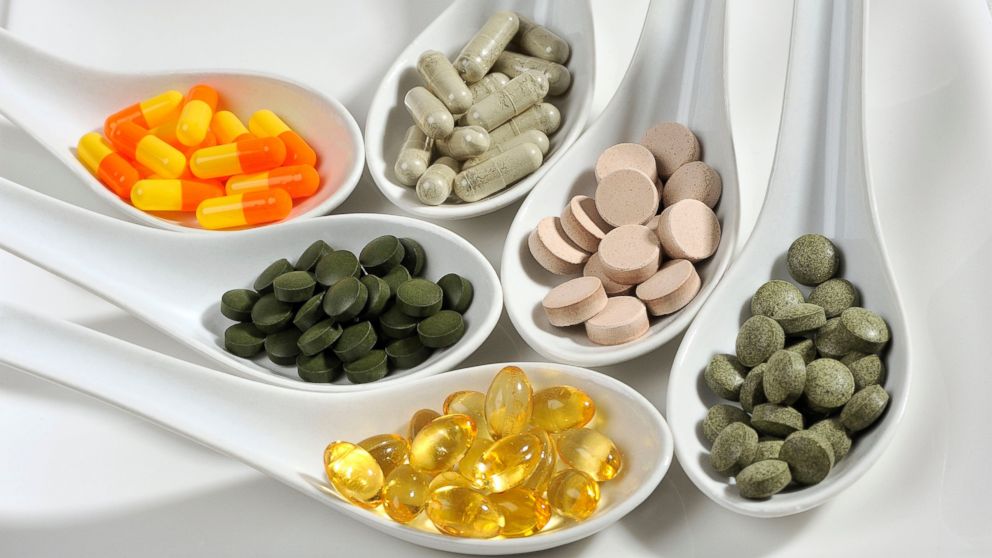Dietary supplements play a significant role in managing inflammation, offering a natural and often effective approach to mitigating its effects. Inflammation, while a crucial part of the body’s immune response, can become chronic and contribute to various health issues if left unchecked. Many dietary supplements contain compounds with anti-inflammatory properties, which can help modulate the body’s inflammatory pathways and alleviate symptoms associated with conditions like arthritis, inflammatory bowel disease, and cardiovascular diseases. One of the most widely studied and utilized dietary supplements for inflammation is omega-3 fatty acids, commonly found in fish oil supplements. Omega-3 fatty acids, particularly eicosapentaenoic acid EPA and docosahexaenoic acid DHA, have been shown to possess potent anti-inflammatory effects. They work by inhibiting the production of pro-inflammatory molecules such as cytokines and prostaglandins, thereby reducing inflammation in the body. Studies have demonstrated the efficacy of omega-3 supplementation in reducing joint pain and stiffness in individuals with rheumatoid arthritis and osteoarthritis, and improving markers of cardiovascular health.

Another group of dietary verso supplements with anti-inflammatory properties is polyphenols, which are naturally occurring compounds found in fruits, vegetables, tea, and red wine. Polyphenols exert their anti-inflammatory effects through various mechanisms, including scavenging free radicals, modulating inflammatory signaling pathways, and inhibiting the activity of enzymes involved in inflammation. For example, resveratrol, a polyphenol found in red grapes and wine, has been shown to possess potent anti-inflammatory and antioxidant properties, potentially reducing the risk of chronic inflammatory diseases such as heart disease and cancer. Turmeric, a spice derived from the Curcuma longa plant, contains a bioactive compound called curcumin, which has been extensively studied for its anti-inflammatory effects. Curcumin inhibits the activity of inflammatory enzymes and cytokines, effectively reducing inflammation in the body. Research suggests that curcumin supplementation may be beneficial for individuals suffering from conditions such as arthritis, inflammatory bowel disease, and metabolic syndrome.
Probiotics, which are live microorganisms that confer health benefits when consumed in adequate amounts, also play a role in managing inflammation. These beneficial bacteria help maintain a healthy balance of gut microbiota, which plays a crucial role in immune function and inflammation regulation. Studies have shown that certain strains of probiotics can reduce markers of inflammation and alleviate symptoms in conditions such as irritable bowel syndrome and allergic reactions. In conclusion, dietary supplements offer a natural and complementary approach to managing inflammation, providing an array of compounds with anti-inflammatory properties. While these supplements can be beneficial for many individuals, it is essential to consult with a healthcare professional before starting any supplementation regimen, especially if you have underlying health conditions or are taking medications. Additionally, focusing on a balanced diet rich in fruits, vegetables, whole grains, and healthy fats remains foundational for overall health and inflammation management.